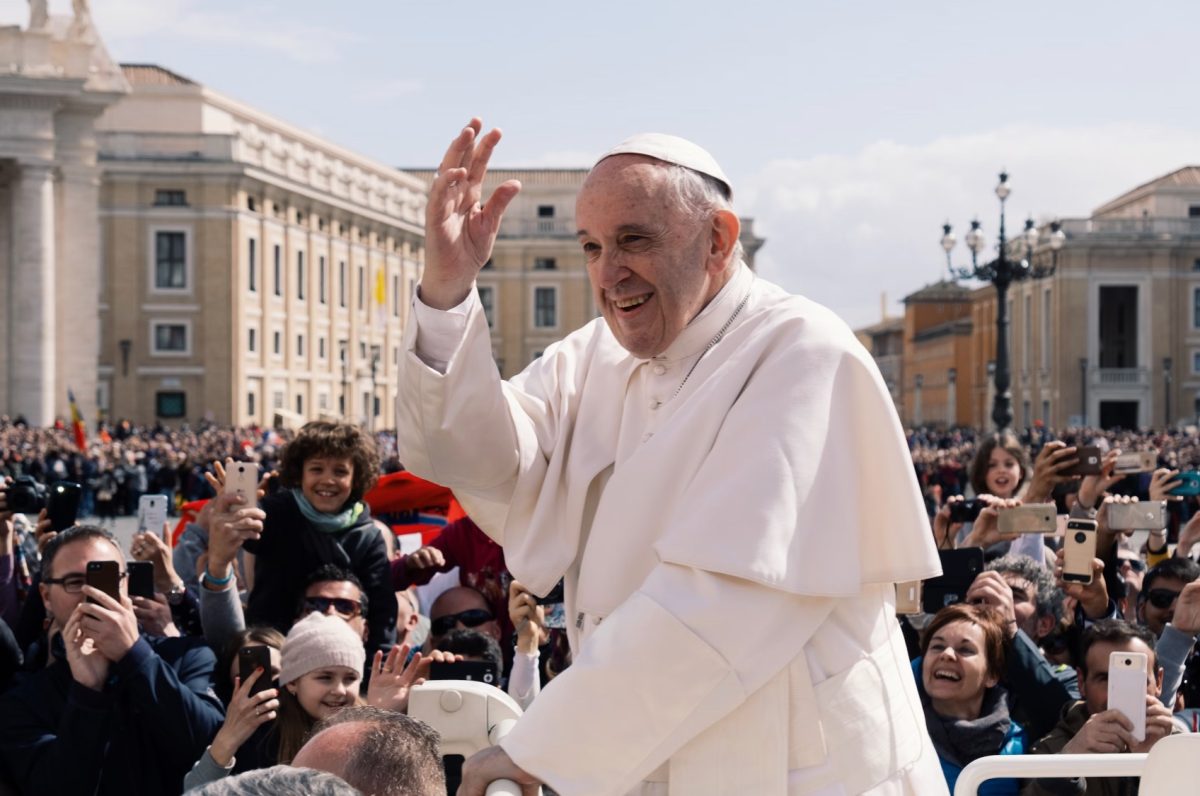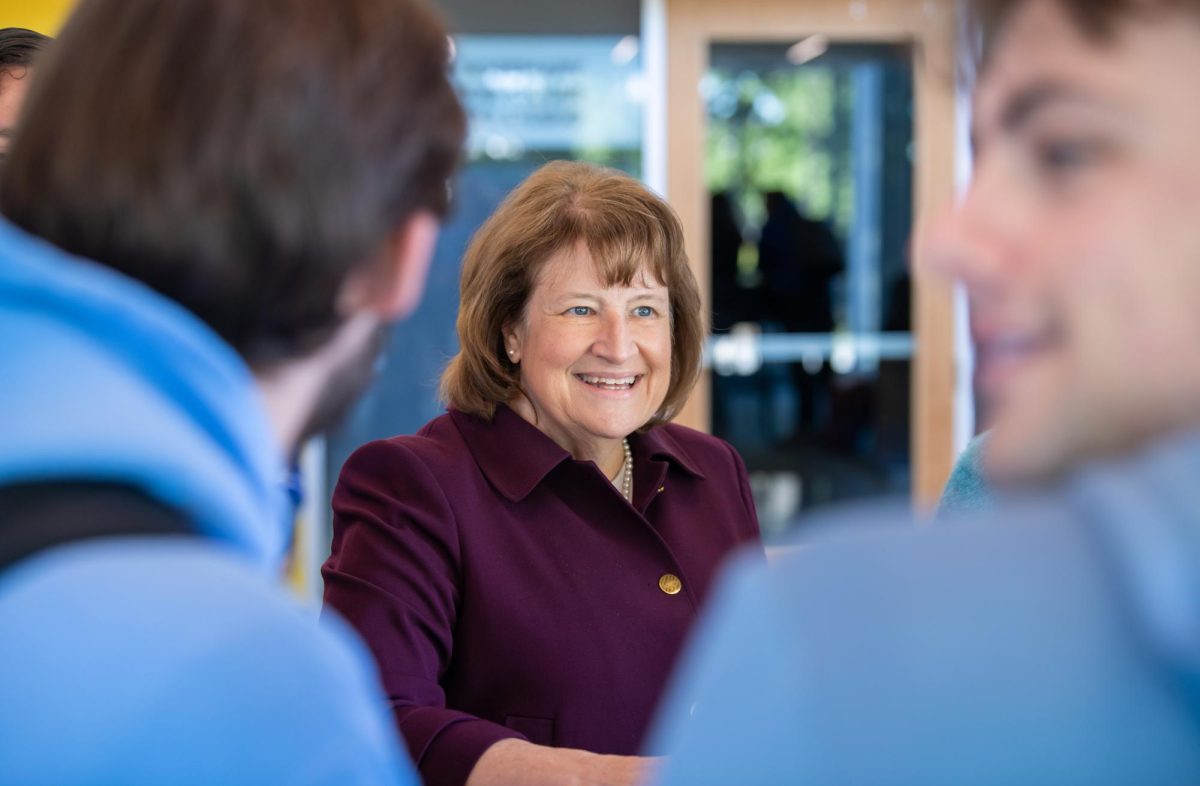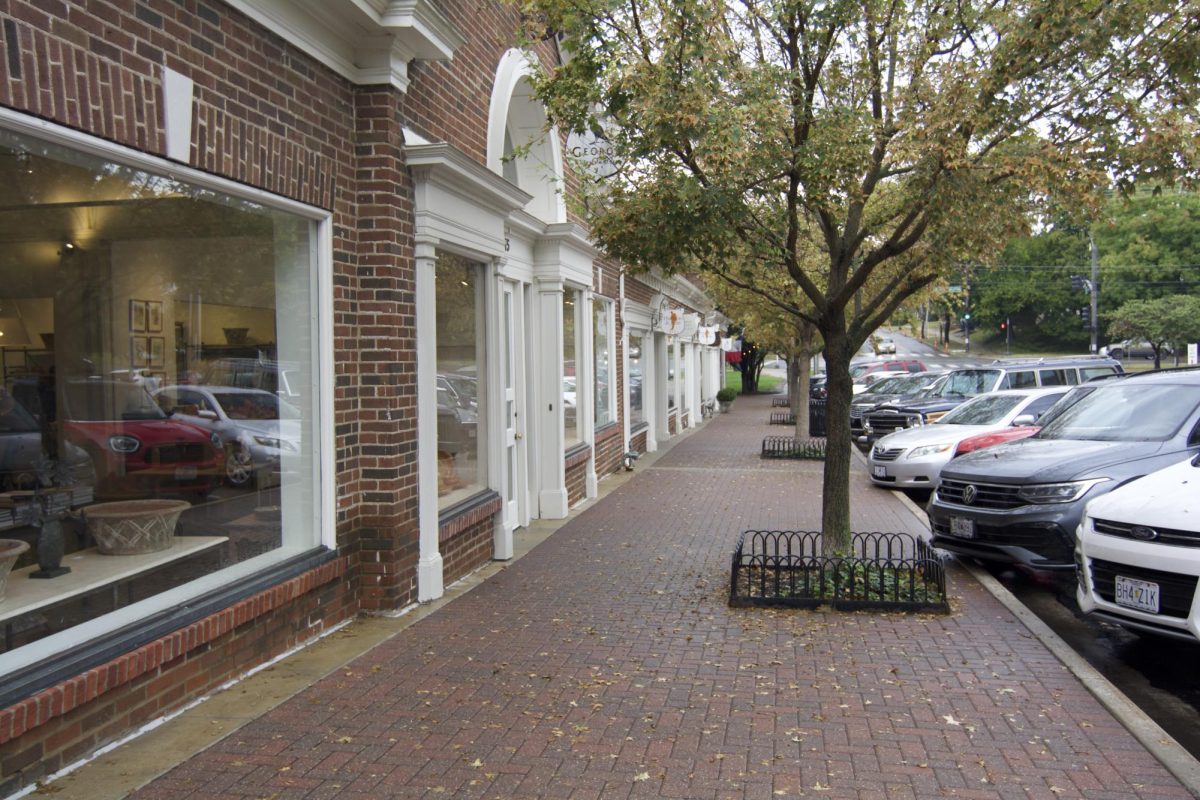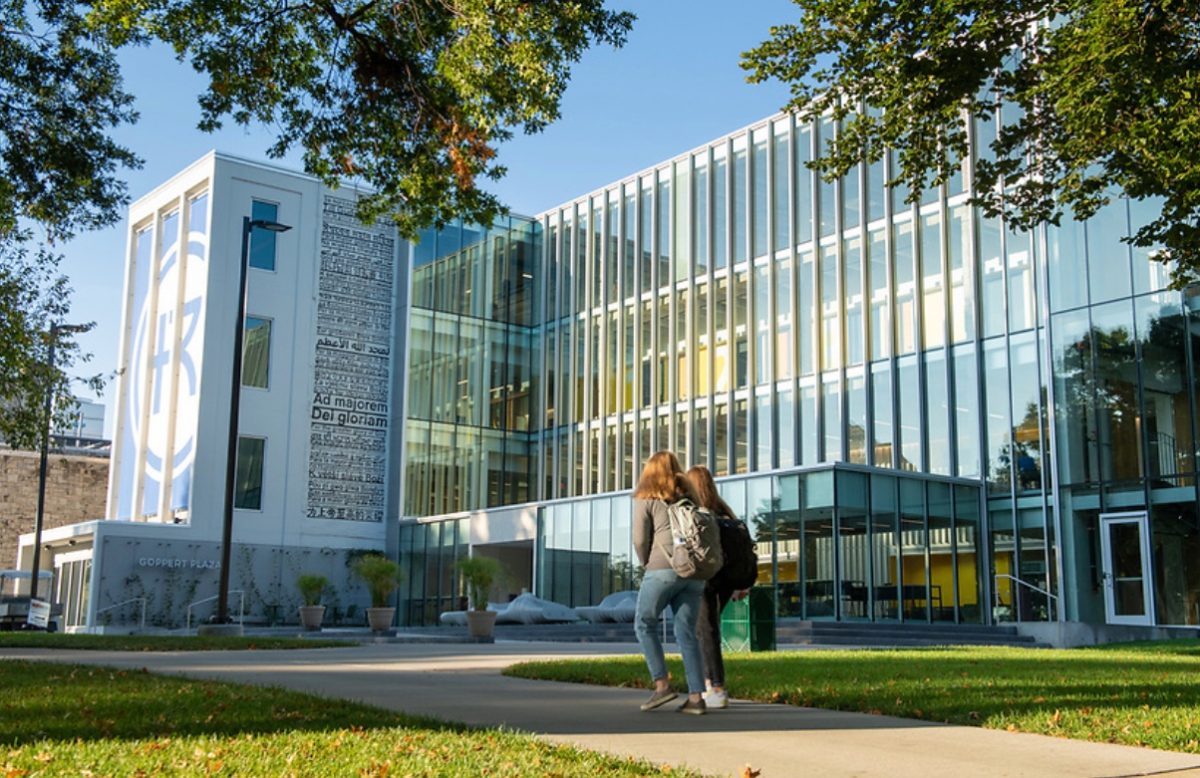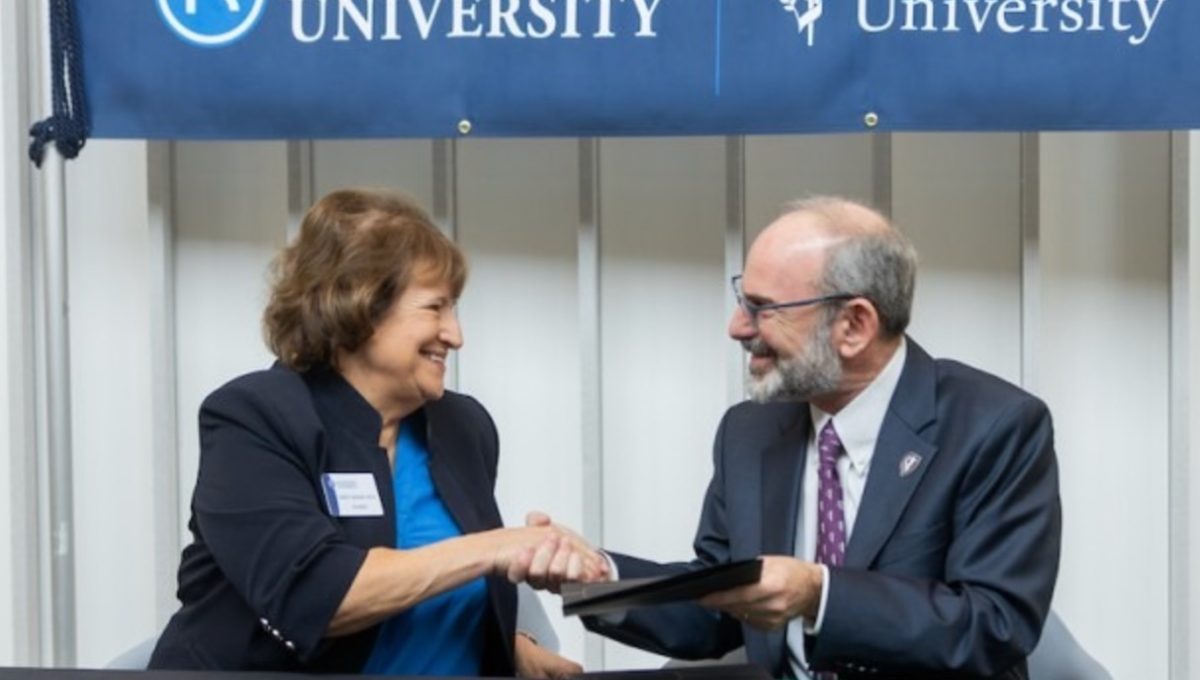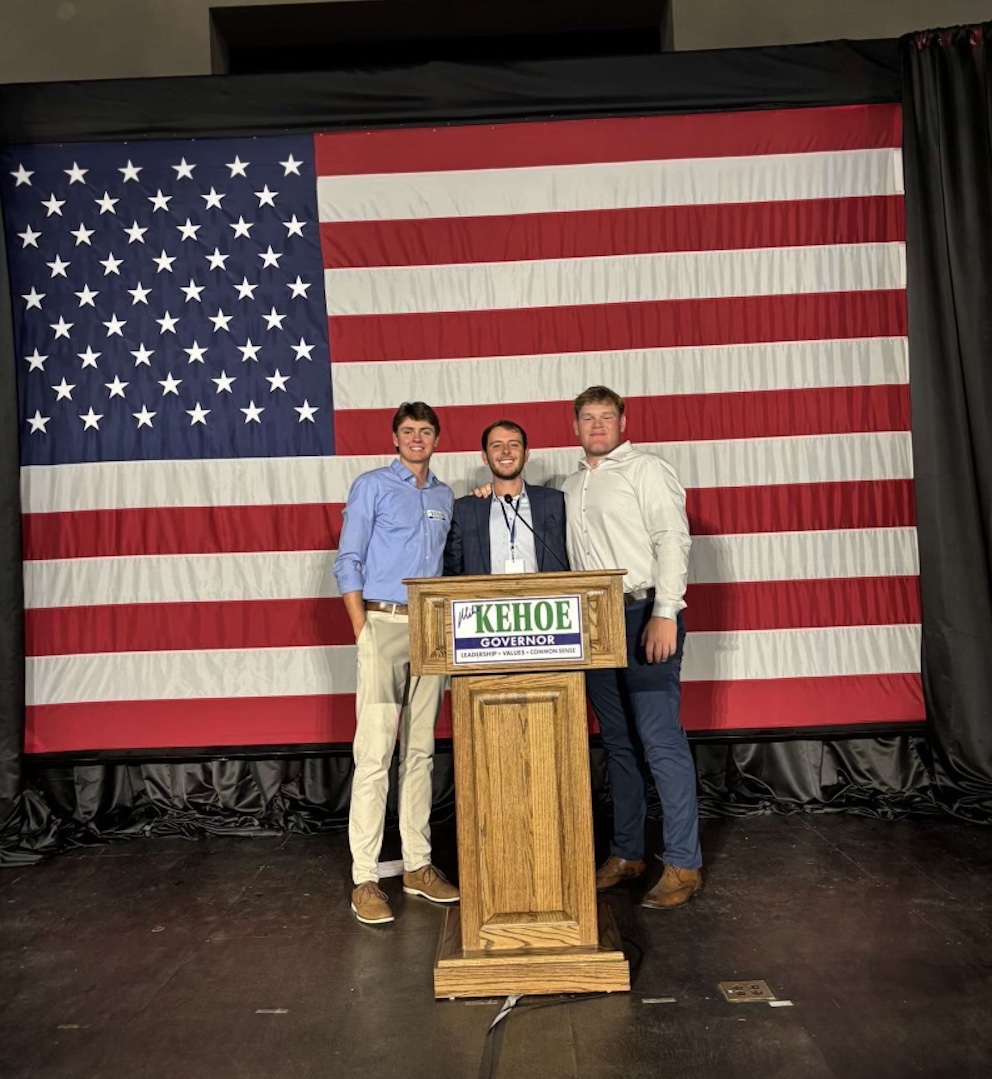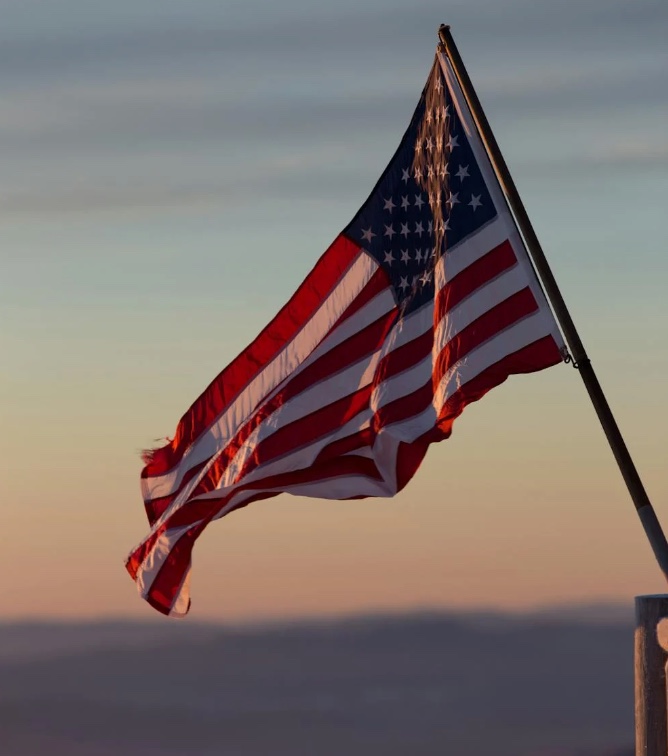Pope Francis, the head of the Roman Catholic Church and the first Jesuit pontiff in history, died Easter Monday, April 21, at the age of 88 following a prolonged battle with double pneumonia. After being hospitalized for five weeks and returning to the Vatican on March 23, he died at 7:35 a.m. Central European time.
Born Jorge Mario Bergoglio in Buenos Aires, Argentina, Francis made history in 2013 as the first pope from the Americas and the first Jesuit to lead the Catholic Church. His election on March 13 of that year came during a time of unprecedented transition, as Pope Benedict XVI had become the first pontiff in over six centuries to resign from the papacy.
Francis was also the first pope to take the name of St. Francis of Assisi, the 13th-century Italian saint known for his commitment to simplicity, care for the poor, environmental stewardship and interfaith dialogue. Throughout his 12-year papacy, Francis was widely recognized for his humility, progressive messaging and advocacy for marginalized populations and social and environmental justice.
For Rockhurst University, Francis’ leadership carried particular resonance. His embodiment of Jesuit values, such as cura personalis (care for the whole person), Magis (the pursuit of the greater good) and contemplation in action reflected the mission and identity of the university. His leadership echoed the very words etched into the university’s bell tower, “You are called by the Society of Jesus to be men and women who reflect upon the reality of the world around you… and then to act accordingly.”
In an April 21 email to the campus community, Rockhurst President Sandra Cassady reflected on Francis’s impact, stating, “Through his focus on discernment, compassion and justice, ideals central to Jesuit education and life, Francis modeled what it means to be a person for and with others. His legacy is expected to continue guiding students, faculty and staff at Rockhurst and Jesuit institutions around the globe.”
With his death, the Catholic Church enters a period known as sede vacante, the vacancy of the papal seat. The College of Cardinals will soon convene in Vatican City for a conclave to elect a new pope. This process typically starts about 15 to 20 days after the death. Until then, all major Vatican decisions are paused, and the pope’s ceremonial ring—known as the Fisherman’s Ring—will be destroyed to symbolize the end of his leadership.
The funeral for Pope Francis will mark the first time in two decades the world witnesses the burial of a reigning pontiff. The event is expected to draw global leaders and dignitaries to Vatican City.
Two-thirds of the 135 cardinals eligible to vote in the conclave were appointed by Francis himself. Among them are 10 Americans, including six of his own appointees: Cardinal Joseph Tobin, Cardinal Blase Cupich of Chicago, Cardinal Wilton Gregory of Washington, D.C., Cardinal Robert McElroy of San Diego, Cardinal Robert Prevost and Cardinal Kevin Farrell. Farrell is currently serving as the Church’s camerlengo and temporarily overseeing Vatican operations.
Cassady announced a memorial Mass in honor of Pope Francis, scheduled for 12:15 p.m. Thursday, April 24, in the Mabee Chapel. The chapel will also remain open throughout Tuesday for quiet prayer in the presence of the Blessed Sacrament.


